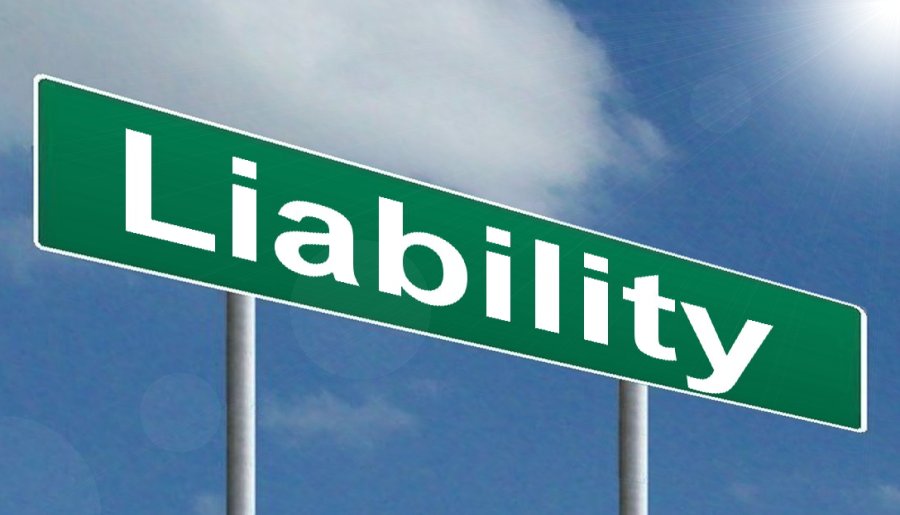Sole proprietorship is the most common business structure. They cost nothing to form and require less paperwork than other structures.
However, you should understand the risks and liabilities associated with this structure before hanging out your shingle as a sole proprietor. Consider a limited liability corporation (LLC) instead for added protection and the ability to raise funds.
Less Paperwork
A sole proprietorship is a simpler business structure that requires fewer legal and regulatory filings when starting and on an ongoing basis. It requires the owner to register a business name, if required by law, but may only need an official business license or permit for specific industries and professions. Likewise, it typically does not require an employer identification number (EIN) or other corporate paperwork, although you may have to apply for one to open a business bank account and meet certain IRS requirements.
You can also be a sole proprietor and still file your taxes as an individual, which saves you the cost of setting up an additional tax entity. However, it means that you will be personally liable for the obligations of your business and that your personal assets could be at risk if you cannot satisfy business debts.

Some small businesses are a good fit for a sole proprietorship, especially those that are low-risk and have a limited customer base. Examples include freelance writers, day care centers and some retail stores. If your business grows or you decide to take on investors, it is likely that you will need to change to a more complex corporate structure that allows you to provide legal protections and potentially benefit from different tax arrangements.
The structure you choose should align with your concerns and long-term goals. The nature of your business, potential risks and liabilities, financial planning and tax considerations all influence the decision to form a sole proprietorship or LLC.
For example, Kate Schade started her energy bar company in a Jackson Hole, Wyoming, kitchen as a sole proprietorship and now sells her product nationwide. Her growth has forced her to consider changing the company’s structure to a LLC, which will provide liability protection and potentially allow for more tax savings. While incorporating comes with some upfront expenses and paperwork, the longer-term benefits can be well worth it. The same is true for converting a sole proprietorship to an LLC: While it may come with some extra costs and administrative burdens, the added protection can be worth it.
Less Taxes
Starting a business is a huge undertaking that requires a lot of time, effort and money. The paperwork, forms and registration steps required to legally set up a company can be overwhelming for many small business owners. If you want to minimize the number of legal requirements, a sole proprietorship may be right for you.
The main benefit of a sole proprietorship is that there are fewer taxes to pay. The profit of your business is taxed at the personal income rate, and there are no separate corporate taxes or state taxes. However, you will need to file a Schedule C report detailing your profits and losses and Schedule SE for self-employment tax. It is a good idea to work with an accountant or small business bookkeeping professional to make sure that you are taking advantage of all available tax deductions.

VICKY 016730169
Another tax advantage of a sole proprietorship is that you can deduct the cost of health insurance for yourself and your family. This is an above-the-line deduction, which means it reduces your taxable income before you reach the top of the adjusted gross income limit. You will also be able to claim the cost of supplies and tools and any business-related mileage. If you have employees, you will need to add in payroll taxes and Federal Insurance Contributions Act (FICA) taxes.
In addition, sole proprietorships do not need to apply for an employer identification number, or EIN. This saves time and effort, especially if you are a freelancer or independent contractor. However, if you are hiring employees or paying contractors, you should get an EIN for the business to help avoid confusion and possible issues with the IRS.
A downside to a sole proprietorship is that it does not provide the owner with liability protection from commercial debts or lawsuits. If you are sued, creditors can go after your personal assets, including your home, car and savings. Incorporating your business as an LLC can help protect your personal property, and it can also give you access to additional small business funding.
Less Liability
For many small business owners, reducing liability is an important concern when choosing a business structure. A sole proprietorship may offer less liability protection than an LLC or corporation, but it can still be a good option. With a sole proprietorship, all profits go directly to the owner without having to be split amongst partners or shareholders. It also means that there is no separation between personal and business assets, making it easier for debt collectors to go after a business owner’s home, car, private savings and other personal belongings.
However, it is possible for a sole proprietor to reduce their liability by registering their business and keeping thorough records of all income and expenses. It’s also important for a sole proprietor to separate their personal expenses from those related to the business, as this can help protect them from commercial debts or lawsuits. It’s also a good idea for a sole proprietor to register their business name with the government, or at least file for a “Doing Business As” (DBA) certificate.

As a final note on liability, a sole proprietor should consider obtaining insurance to protect their personal property and financial future. This is especially important if they plan on hiring employees or needing to apply for loans and credit cards.
Another potential downside to a sole proprietorship is that it can be difficult for them to raise capital or expand their business because they lack the diverse skillsets found in a partnership or corporation. It may also be challenging for them to build business credit, since their personal credit is tied to the business.
Ultimately, a sole proprietorship can be a good option for those with low-risk businesses, such as freelancers, consultants and small retail stores. However, it’s important for business owners to carefully consider their risks, liabilities and long-term goals when choosing the best structure for them. By understanding the benefits and drawbacks of a sole proprietorship, entrepreneurs can choose the one that best suits their needs and objectives. By considering all the factors involved, a new business owner can make an informed decision that will put them on the path to success.
More Flexibility
Sole proprietorships require less paperwork and registration fees both when starting and on an ongoing basis. This makes them a popular choice for entrepreneurs who are looking to avoid the legal hassles involved with other business structures like LLCs.
Another benefit of a sole proprietorship is that it allows you to keep all the profits your business generates without having to share them with partners or shareholders. This level of control can help you make rapid changes to your business strategy or products in response to market trends.
As a sole proprietor, you can also claim tax deductions for your business expenses, which can be a major advantage for small businesses that operate on a limited budget. This can help you cut costs and maximize your business’s profits.
However, it’s important to note that a sole proprietorship doesn’t offer the same liability protection as other business structures. If you are found liable for damages related to your business, the court may seize your personal assets to cover those damages. This is because a court will view your business as being indistinguishable from you.
For some people, this lack of liability protection is a major drawback to running a sole proprietorship. If you run a higher-risk business that requires a lot of investments, a sole proprietorship may not be the right fit for you. In addition, if you want your business to appear more professional and stable to lenders, vendors, or customers, an LLC may be a better option for you.
Choosing the right structure for your business is a crucial decision that can impact the success of your company in both the short and long term. If you are unsure what the best business structure is for your needs, consider consulting an experienced attorney or accountant who can advise you on the pros and cons of each type of entity. If you are ready to take your business to the next level, an attorney can assist you with incorporating or changing your existing business structure. Contact us to learn more about our comprehensive range of business services.